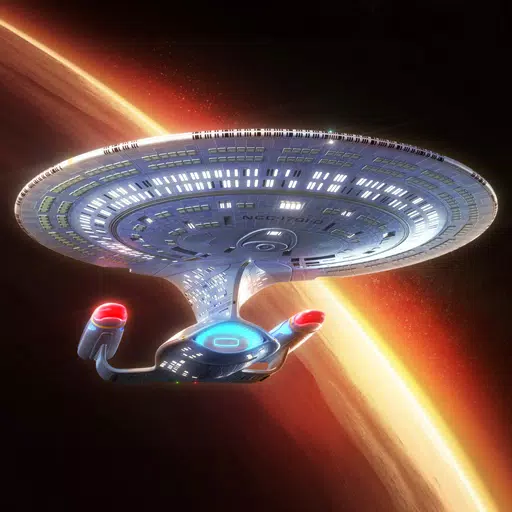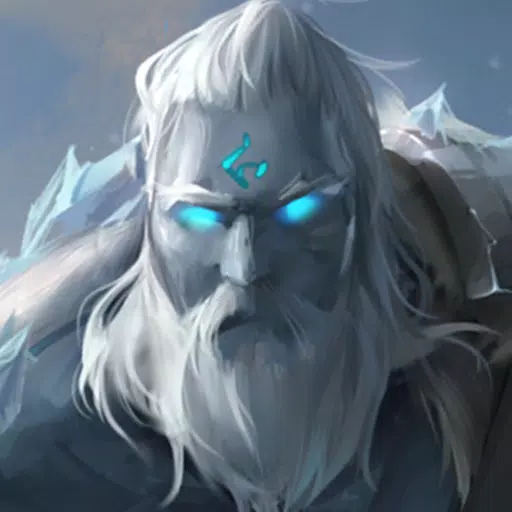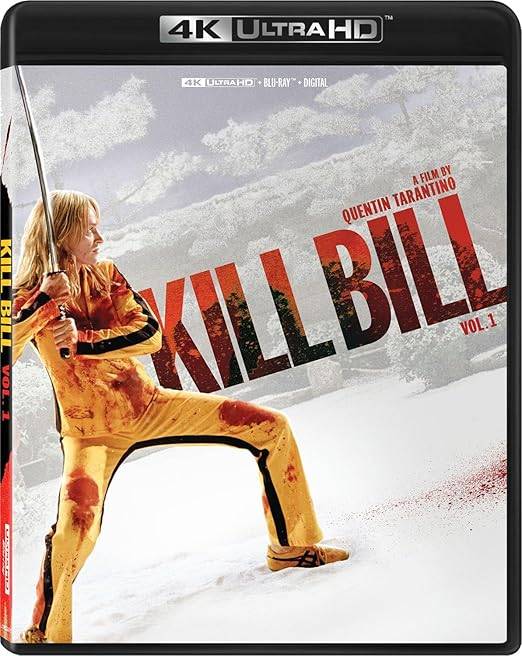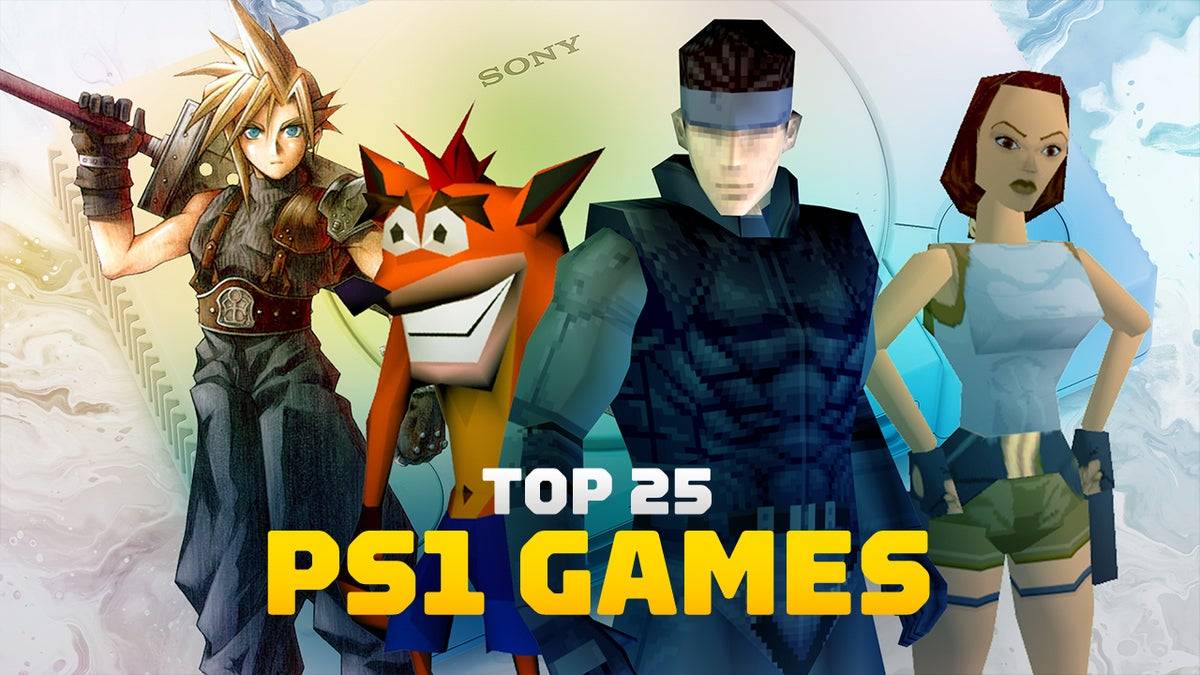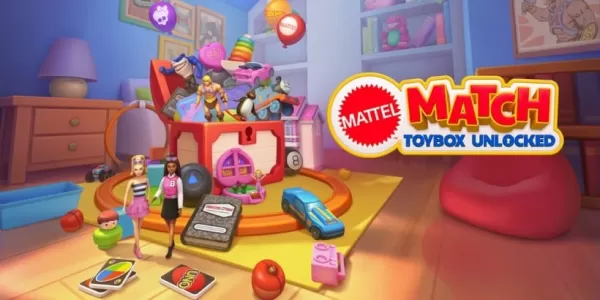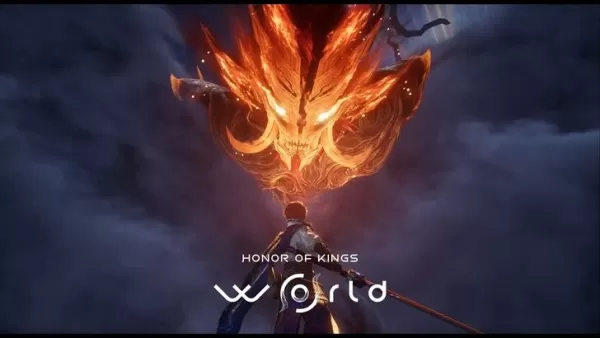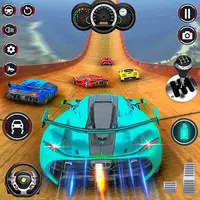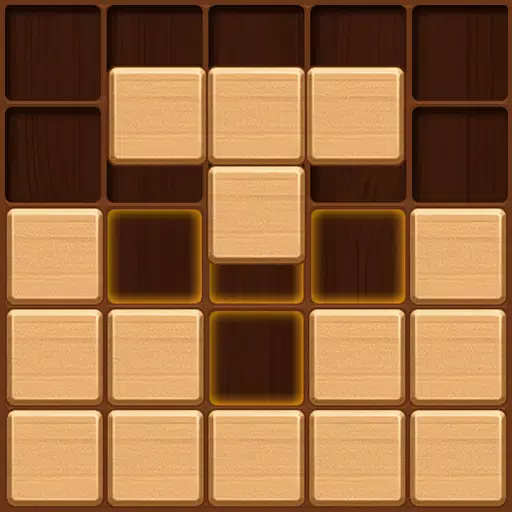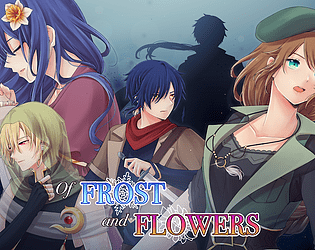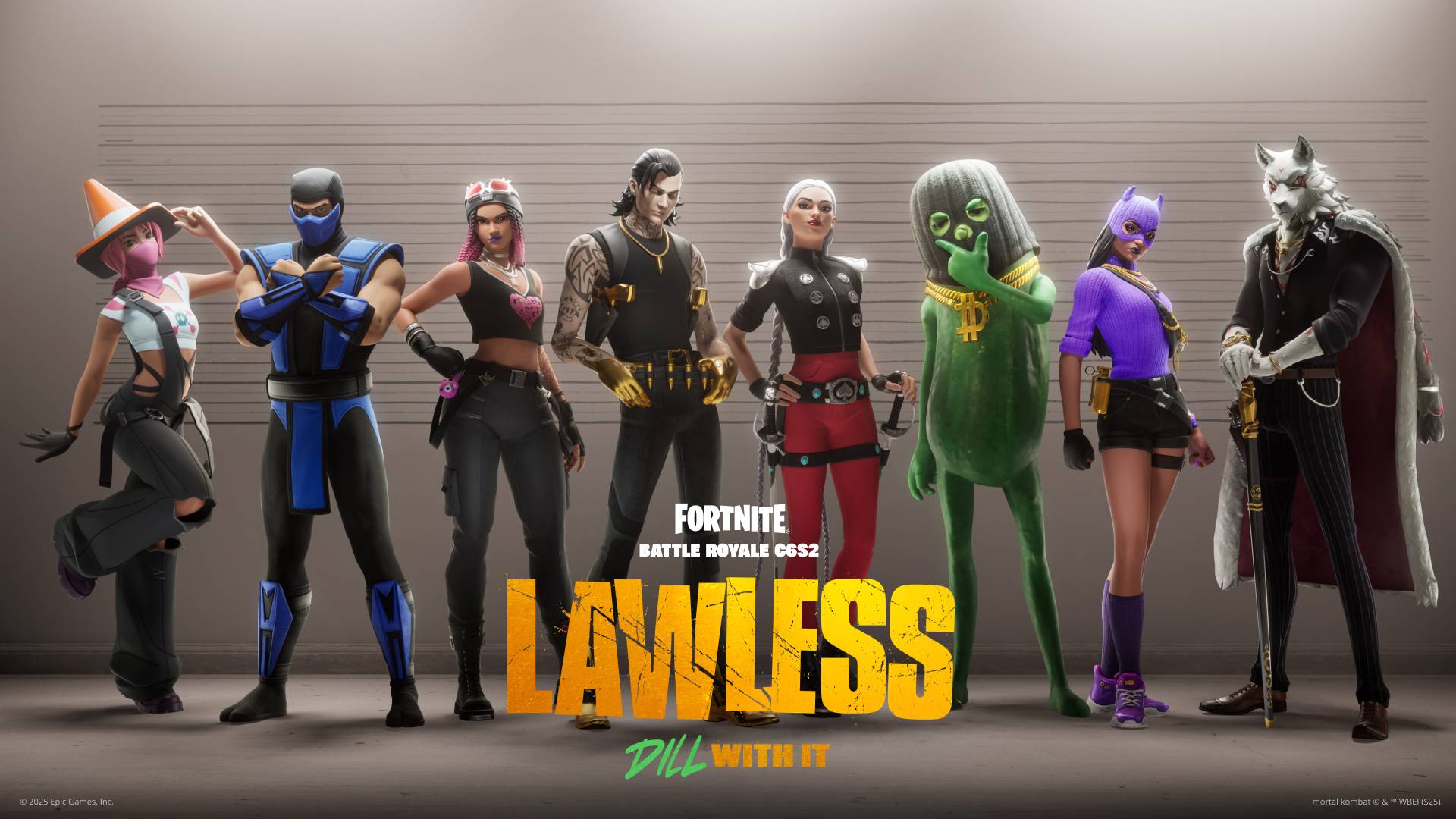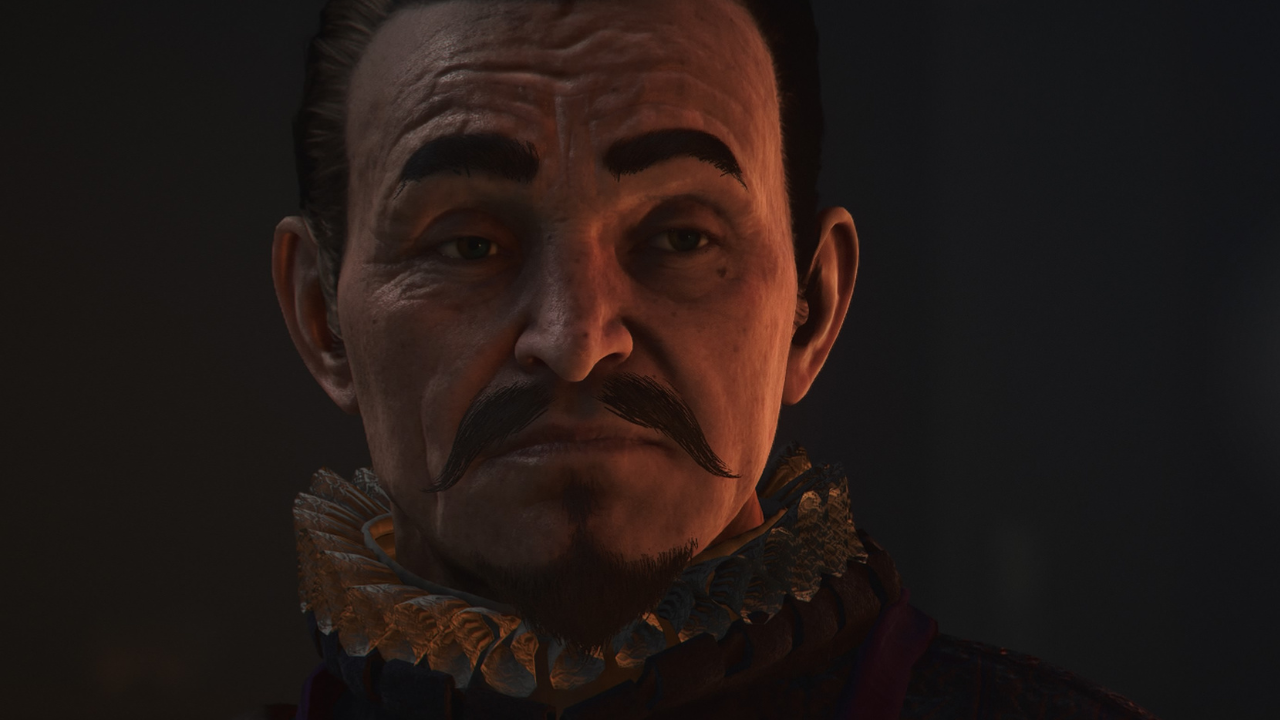Doom's Combat Evolution Mirrors Modern Metal Music Trends
The Doom series has always shared a deep connection with metal music, a fact that becomes evident with just a brief listen to its soundtracks or a quick look at its iconic imagery of demons and hellscapes. This visual and auditory synergy mirrors the thematic elements often seen in metal bands like Iron Maiden, complete with flames, skulls, and devilish motifs. As Doom has evolved over its 30-year history, so too has its soundtrack, which has explored various sub-genres of metal, reflecting the game's gameplay developments and culminating in the metalcore intensity of Doom: The Dark Ages.
The original Doom, released in 1993, drew heavily from the thrash metal scene of the late 80s and early 90s. Co-creator John Romero cited influences like Pantera and Alice in Chains, which is clearly audible in tracks like "Untitled" from the E3M1: Hell Keep level, with its riff strikingly similar to Pantera's "Mouth of War." The game's score, crafted by Bobby Prince, captures the essence of thrash, propelling players through Mars' corridors with a soundtrack that matches the urgency and intensity of the game's iconic weaponry.
Doom: The Dark Ages - Gameplay Screenshots
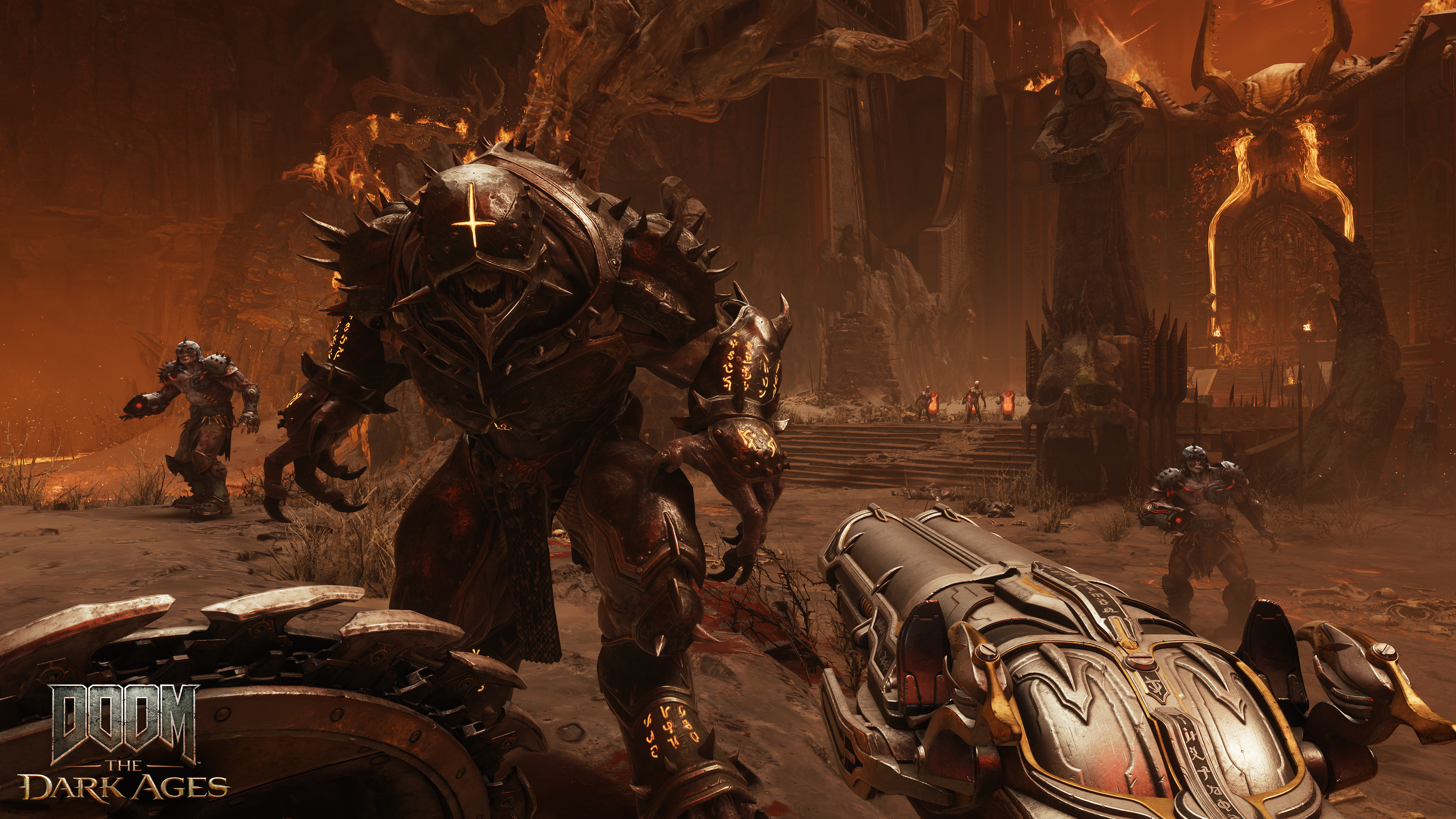
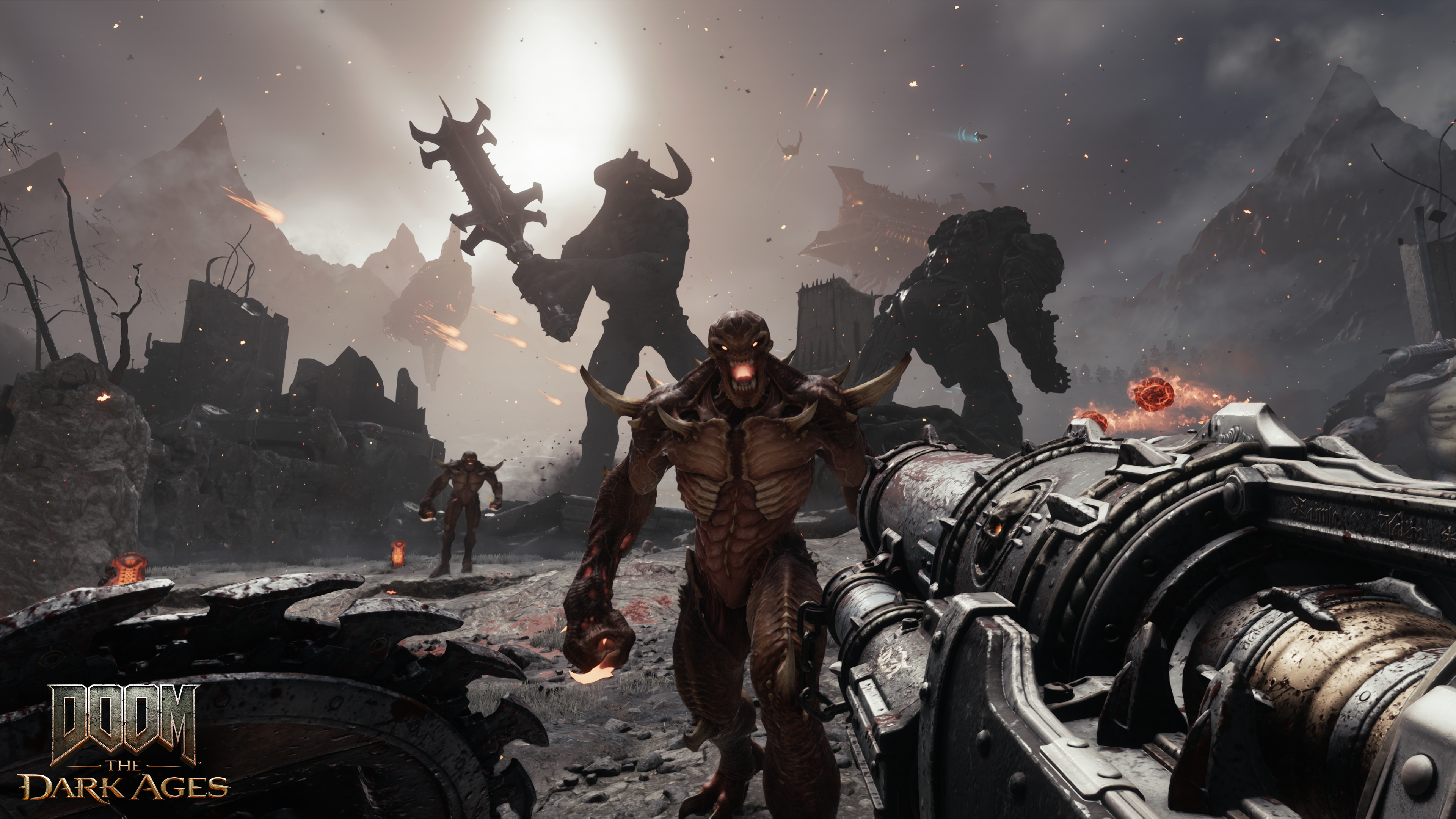 6 Images
6 Images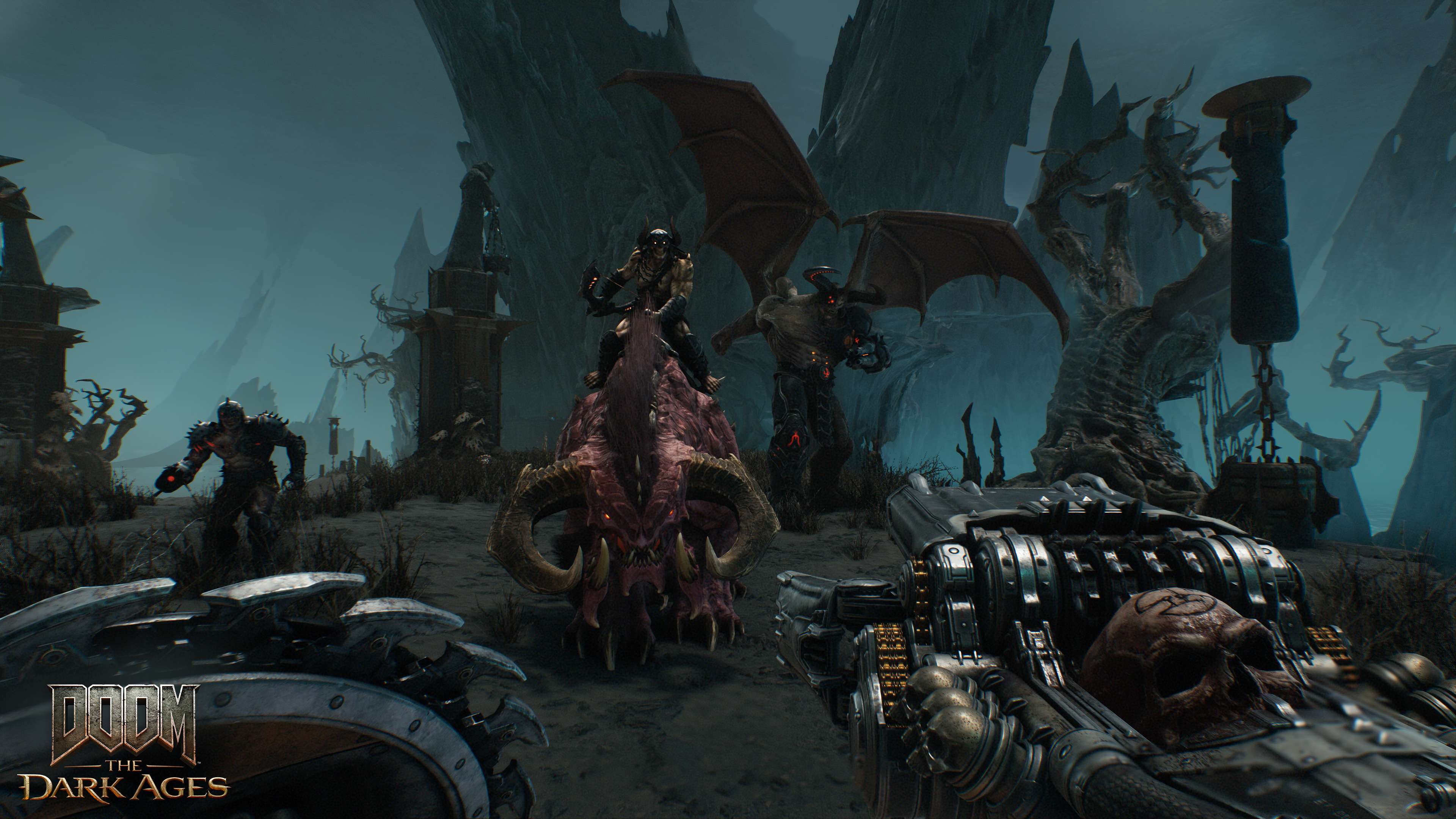

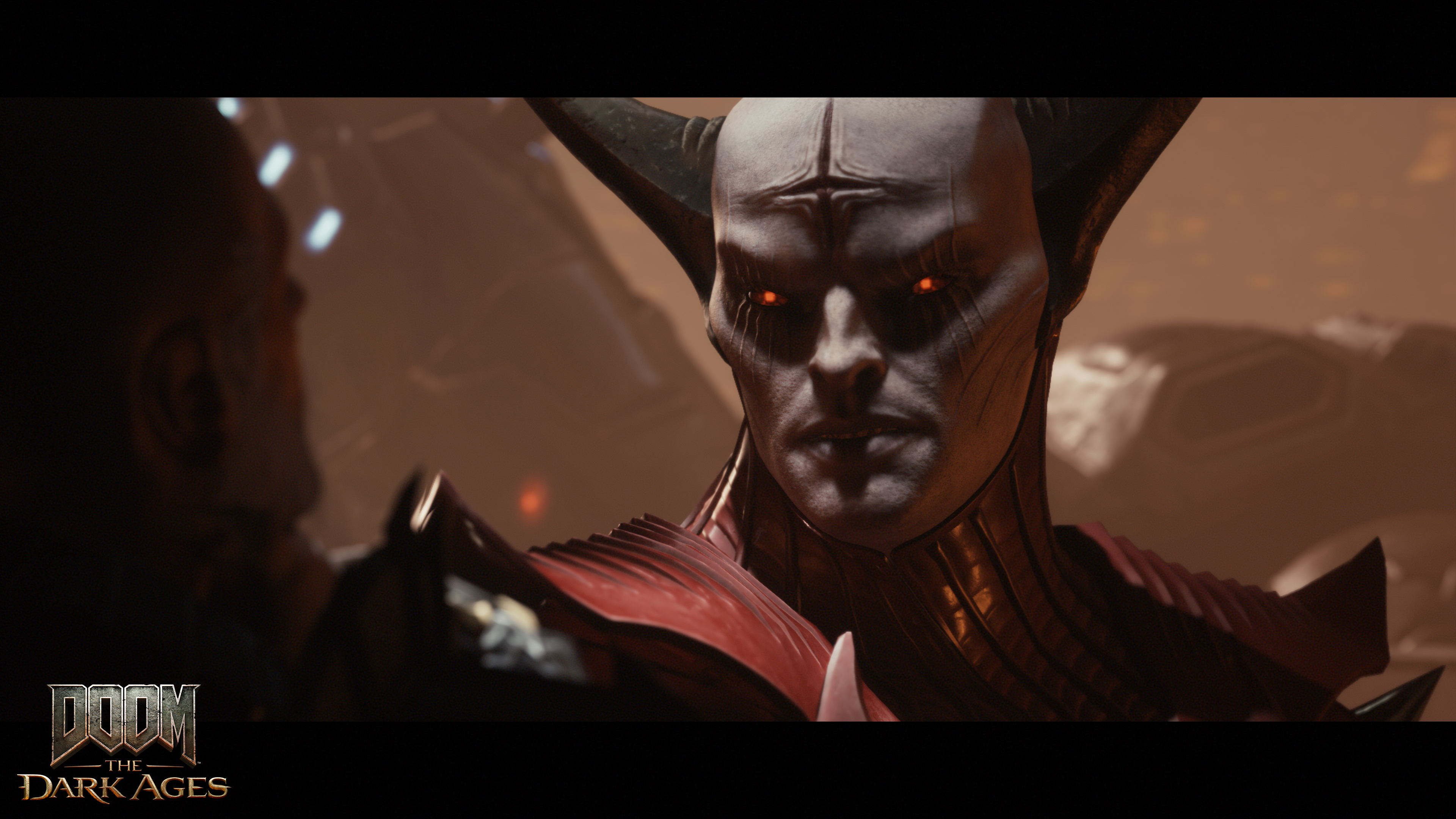
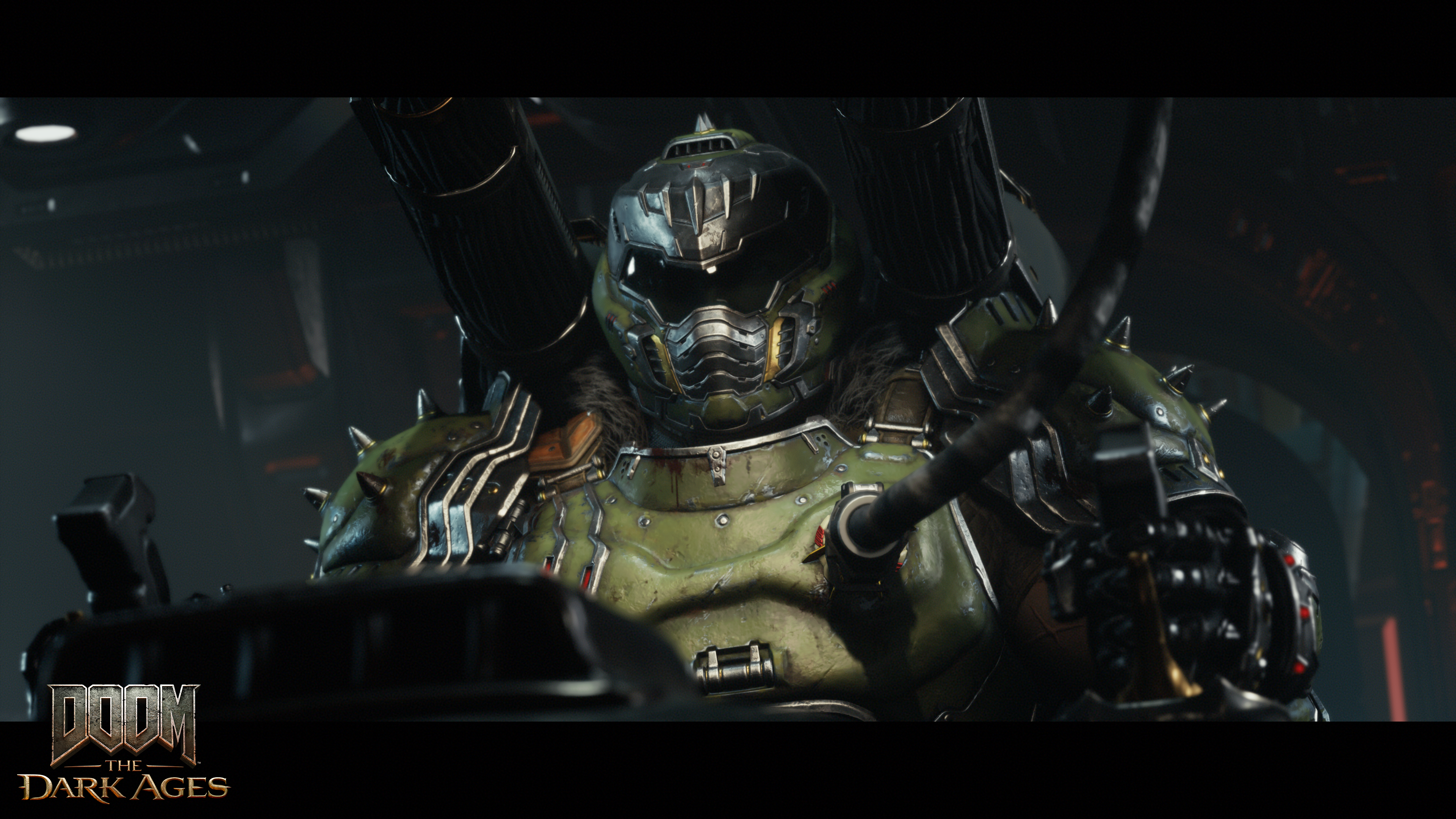
For over a decade, Doom's music remained aligned with its fast-paced, bullet-riddled gameplay. However, the release of Doom 3 in 2004 marked a shift towards a more experimental sound, influenced by the survival horror genre. This game's slower, more deliberate pace necessitated a new musical direction. Although Trent Reznor was initially considered for the sound design, it was Chris Vrenna and Clint Walsh who crafted the game's theme, drawing inspiration from the progressive metal band Tool. Doom 3's main theme echoes the complexity and dark atmosphere of Tool's album Lateralus, perfectly complementing the game's sci-fi horror setting.
Despite its commercial success, Doom 3's departure from the series' traditional fast-paced action was seen as an anomaly. During this period, the FPS genre was undergoing significant changes with the rise of games like Call of Duty and Halo, and Doom adapted alongside them. The metal scene was also evolving, with nu-metal fading and bands like Slipknot and Deftones gaining prominence. Doom 3's soundtrack, while not as iconic as Tool's work, was a fitting experiment that enhanced the game's eerie atmosphere.
After Doom 3, the series faced a challenging period of development, eventually leading to the triumphant return of Doom in 2016. This reboot, directed by Marty Stratton and Hugo Martin, embraced the series' roots with a vengeance, featuring a soundtrack by Mick Gordon that was both innovative and deeply rooted in metal. The score for Doom 2016 was a groundbreaking djent album, perfectly syncing with the game's relentless action and becoming one of the most celebrated video game soundtracks to date.
Gordon's return for Doom Eternal in 2020 brought further evolution, though the project faced some creative disputes. The soundtrack leaned into metalcore, reflecting the genre's dominance in the late 2010s and early 2020s. Gordon's work with bands like Bring Me the Horizon and Architects influenced Doom Eternal's score, which included more electronic elements and crushing breakdowns, while still maintaining the heavy sound that defined the series. This shift in sound paralleled the game's introduction of platforming and puzzle elements, adding variety to the traditional Doom experience.
Doom 2016 remains a personal favorite, appreciated for its raw and unrefined energy, much like the metal albums from the same year, such as Architects' "All Our Gods Have Abandoned Us." While Doom Eternal is exceptional and commendable for its risks, it doesn't resonate the same way for everyone. The evolution from Doom 2016 to Eternal mirrors the journey of metal bands like Architects, whose newer works are impressive but differ from their earlier, more impactful releases.
Doom: The Dark Ages, showcased at the Xbox Developer Direct, promises to introduce significant changes to the series' combat mechanics. The game's slower pace and new elements like a Captain America-inspired shield and giant mechs suggest a need for a versatile soundtrack. Early snippets from new composers Finishing Move indicate a blend of modern metal influences, including the heavy breakdowns of Knocked Loose and thrash elements reminiscent of the original Doom. This soundtrack aims to match the game's expanded scope, which includes riding mythological creatures and piloting massive mechs, drawing inspiration from games like Titanfall 2.
The evolution of Doom's soundtrack reflects the broader trends in metal music, embracing experimentation and innovation. From thrash to djent to metalcore, Doom's music has always been a crucial component of its identity. As Doom: The Dark Ages approaches its release, the anticipation for both its gameplay and its soundtrack is palpable, promising to deliver another thrilling chapter in the series' storied history.




